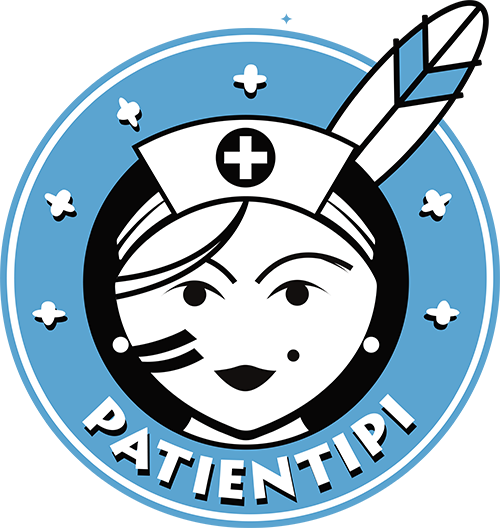TUNISIA
Dear fellow nurses and caregivers,
You are welcoming a patient from Tunisia.
Here is a list of useful information to know in the context of his medical care.
General Information
Distance Paris – – – – > – – – – – Tunis: 989 miles
11 million inhabitants / Average salary: $267.54 per month
Literacy rate: 79% / Life expectancy: 75.9 years
Spoken languages : Arabic and Chelha
Communication

● To reach out to someone or make a sign, Tunisians always use the right hand.
Beliefs, Practices & Rituals

● In Tunisia, 98% of the inhabitants are Muslims.
● It is impolite to pass in front of a patient who is praying.
● During Ramadan, taking a small amount of blood is allowed and does not interrupt the fast.
● During Ramadan, the suffering person is allowed to eat to regain strength if the doctor deems it necessary.
● During Ramadan, therapeutic massage is permitted and does not interrupt the fast, unlike comfort and wellness massage.
● It is preferable for a woman to be treated / massaged by a female caregiver, showing only the areas to be treated.
● Some people may believe that demons (jinn) and evil eye bring them misfortune, including disease.
● Informing the patient and being clear is important. Some people may think that cancer can come from touch or can be treated with marabouts or antibiotics.
Eating habits

| ● 55% of Tunisians eat breakfast outside the home because of the long time they spend commuting to work. |
| ● Snacking and obesity concern more and more children and teenagers. |
| ● Tunisian cuisine is spicy and consists mainly of starchy foods, olive oil, and eggs. |
Pregnancy and motherhood

● Termination of pregnancy or a possible illness of the pregnant woman are always attributed to external influences.
● Some people fear that if they do not give in to the shahwa, the desires of a pregnant woman, it will affect and harm the child she is carrying. After three months of pregnancy, the woman can eat without restriction.
● During the ninth month, the mother-to-be’s hands and feet are coated with henna. According to tradition, henna is traditionally used to make childbirth easier.
● As soon as the baby begins to cry, the mother breastfeeds the baby, refusing to breastfeed at regular intervals or at specific times.
End-of-life care

● In Tunisia, it is possible that families may request the patient’s discharge in-extremis so that the patient can die at home.
Examples
This section allows us to share experiences.
Feel free to share yours with the community.
Sources :
Sami Boudabbous – Approche culturelle des rapports entre Tunisiens et Occidentaux dans le cadre des activités d’une entreprise en Joint Venture
Louis Brunot – Au seuil de la vie marocaine
Gilbert J.M. Claus – Conception, naissance et petite enfance au Maghreb
